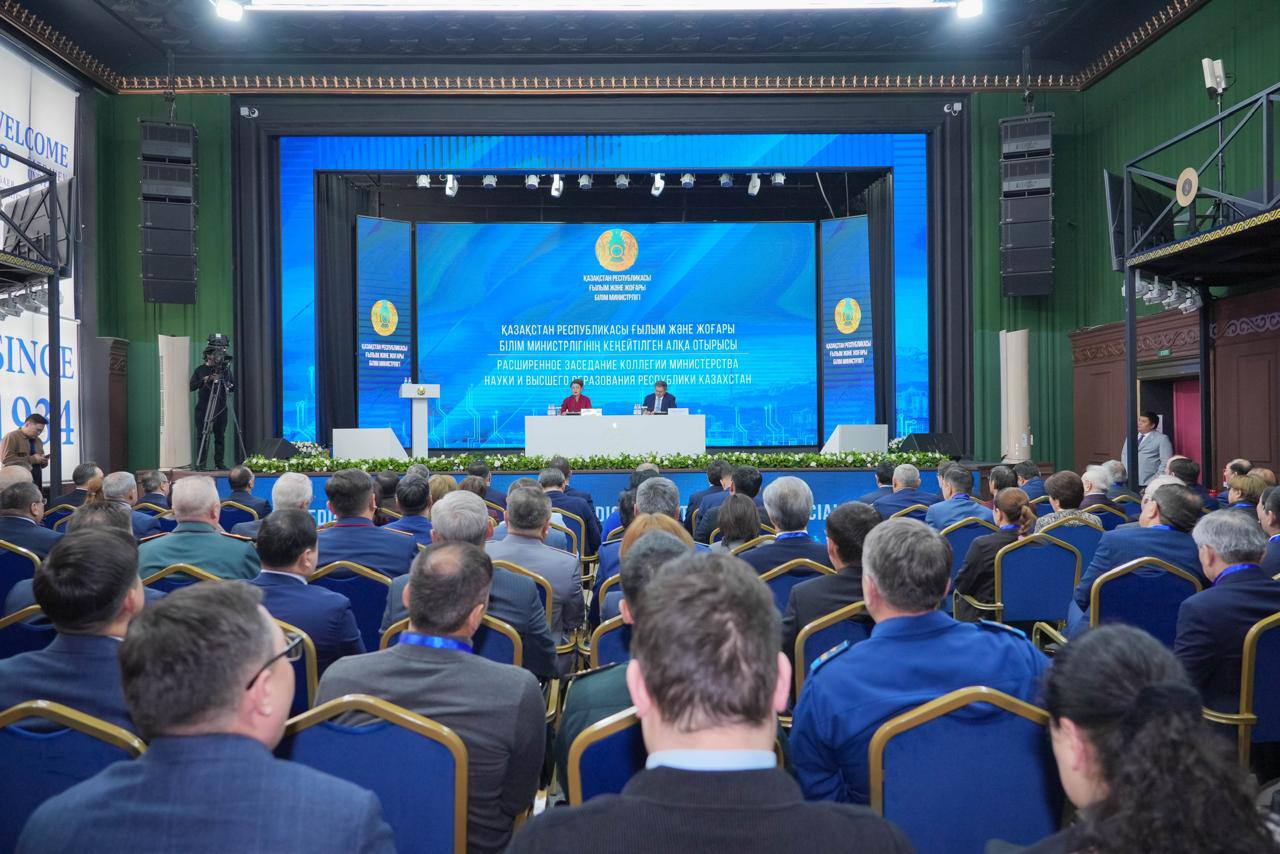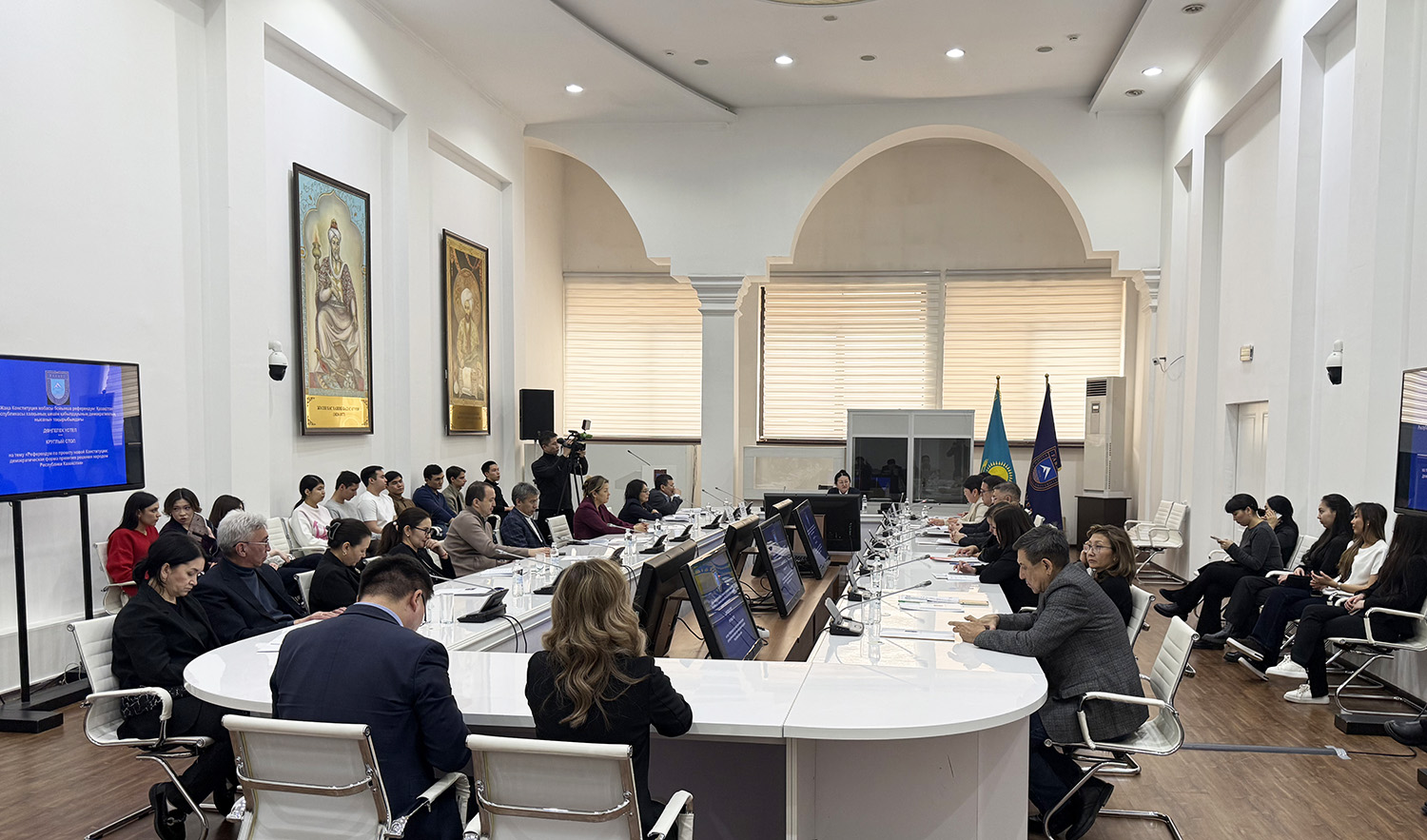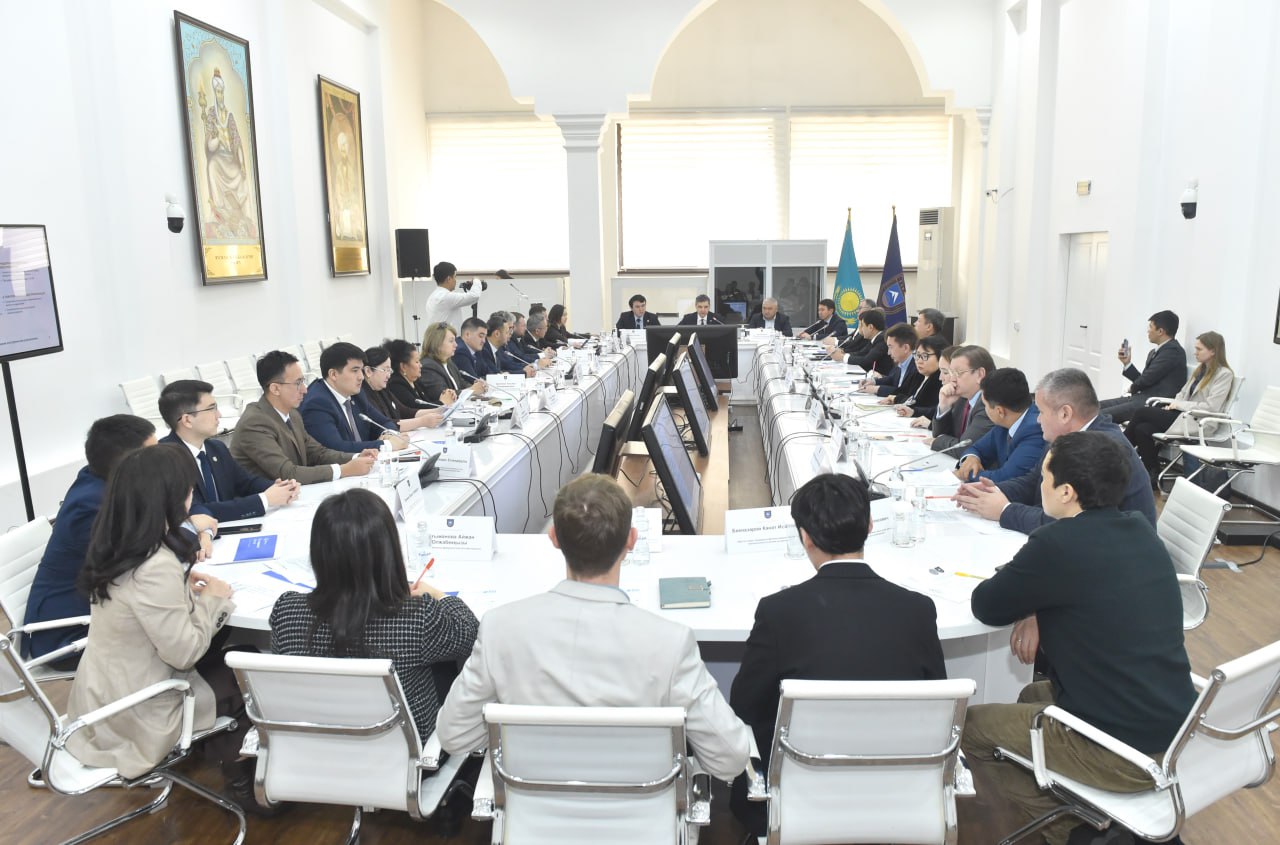Contribution to Global Science and High Citation Impact
18 february, 2025

We take pride in the achievements of our scientists at the Department of Molecular Biology and Genetics, whose research attracts the attention of the global scientific community and whose works have a high citation impact. These specialists make a significant contribution to the advancement of science and confirm their competence and authority in the international scientific arena.
Examples include the following researchers:
- Bisenbaev Amangeldy - Doctor of Biology, Professor, academician of the NAS RK (Web of Science — 25 citations) — author of the work "Mechanism of stimulation of DNA binding of the transcription factors by human apurinic/apyrimidinic endonuclease 1" (DNA Repair, 2019), which reveals the mechanisms that contribute to the protection of cells from DNA damage, a crucial topic for oncology and genetics.
- Bekmanov Bakytzhan - Candidate of Biology, Professor and Djansugurova Leila - Doctor of Biology, Professor (Web of Science — 42 citations) — their work "Ancient genomic time transect from the Central Asian Steppe" (Sci. Adv, 2021) helps to uncover the ancient history of steppe civilizations, contributing to genetic and anthropological research.
- Omirbekova Nargul - Doctor of Biology, Professor (Web of Science — 36 citations) — her research "Mutant Lines of Spring Wheat with Increased Iron, Zinc, and Micronutrients" (Biomed Res Int, 2019) provides important data for agriculture, improving the nutritional properties of wheat for human health.
- Altybaeva Nazgul - Candidate of Biology, Associate Professor (Web of Science — 96 citations) — her work "Neuropharmacological Effects of Quercetin: A Literature-Based Review" (Front Pharmacol, 2021) explores the neuropharmacological effects of quercetin, one of the powerful antioxidants, making a significant contribution to biomedical research.
- Taipakova Sabira - PhD, Associate Professor (Web of Science — 22 citations) — her research "Role of Base Excision Repair Pathway in the Processing of Complex DNA Damage" (Front Cell Dev Biol, 2021) reveals DNA repair mechanisms and their connection to processing damage caused by oxidative stress and anticancer drugs.
These scientists demonstrate a high level of scientific inquiry and contribute to the advancement of science on the international stage. We are proud of their achievements and are confident that their research will serve as an important foundation for future discoveries.
Department of Molecular Biology and Genetics


